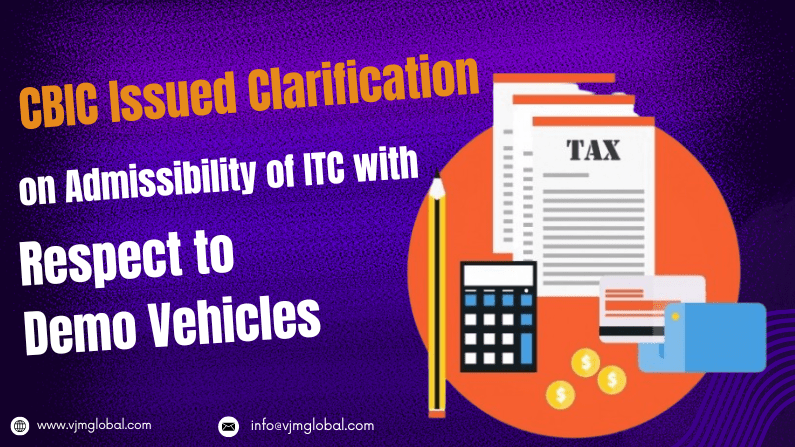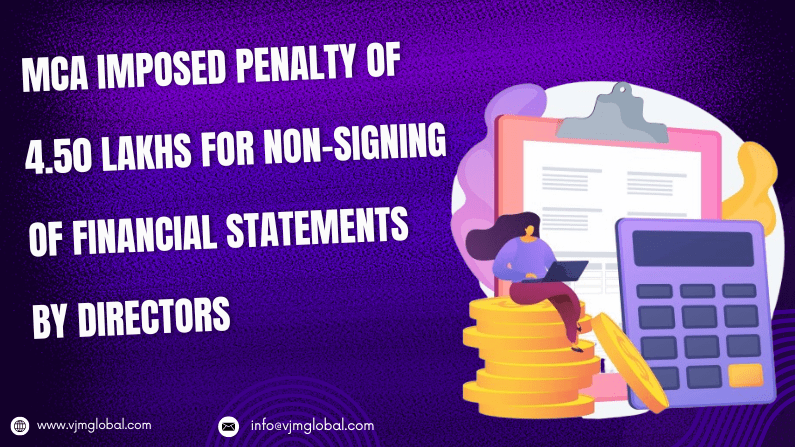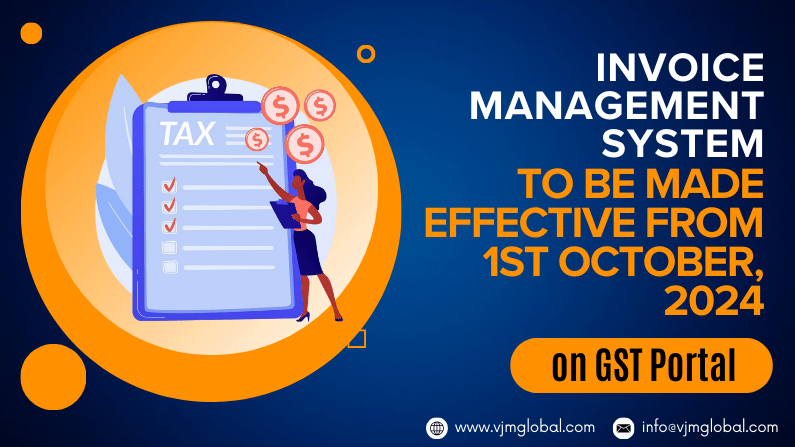Individuals and companies require foreign exchange for various purposes. An individual traveling abroad for tourism and educational purposes would require foreign exchange to conduct transactions in the respective country. When an individual goes and settles abroad for work, foreign exchange would be required to conduct transactions. Apart from this Indian Companies that send employees abroad would provide foreign exchange to conduct transactions in a foreign country.
A person can obtain the needed amount of foreign currency from Authorised Persons by adhering the procedure given under law. However, Possessing and keeping such foreign currency is not freely premissible and same is regulated by Foreign Exchange Management Act. Therefore, even though currency has been obtained by legitimate sources, still provisions related to possessing and retaining such currency need to be followed. Also, Many people have interest of collecting different currencies. Even though they are keeping it out of interest, provisions of FEMA are still applicable to them.
In this article, an effort is made to answer all possible questions a person can have related to possession and Retention of foreign currency and what are the consequences of default.
1. Prohibition and permissions for possession and Retention of Foreign Currency
- As per Section 4 (Holding of foreign exchange, etc.) of FEMA, no person resident in India is permitted to possess any foreign exchange, foreign security or any immovable property situated outside India.
- Person is not allowed to possess foreign exchange whether in India or outside.
- However, exemption from this general prohibition is given under Section-9, i.e, Exemption from realization and repatriation in certain cases.
- As per Section 9, possession and retention of foreign currency is permitted in following cases:
- Where Foreign currency and foreign coins are possessed upto limit permitted by Reserve Bank of India.
- foreign exchange is received before the 8th July, 1947 or any income arising or accruing thereon which is held outside India by any person in pursuance of a general or special permission granted by the Reserve Bank;
- foreign exchange acquired by way of gift or inheritance from a person mentioned in (b) point within the limit specified by RBI, including income arising therefrom;
- foreign exchange acquired from employment, business, trade, vocation, services, honorarium, gifts, inheritance or any other legitimate means up to limit permitted by RBI.
2. Foreign Exchange Management (Possession and Retention of Foreign Currency) Regulations, 2015
In exercise of power given under Section 9 of FEMA, RBI issued regulations related to possession and retention of foreign currency vide Notification No. FEMA 11(R)/2015-RB dated 29th December, 2015. Following is the gist of regulations:
2.1 Meaning of “Possession” and “Retention”
- As per Regulation 2(ii), “Possession” and “Retention” means to possess or retain foreign exchange in physical form. Therefore, foreign currency held in electronic form or bank accounts are not covered by these regulations.
2.2 Limit for Possession and Retention of Foreign Exchange
- Following are the threshold specified under Regulation 3 and 4 for possessing and retaining foreign currency:
| Persons authorised to hold foreign Currency | Nature of Currency | Threshold Limit |
| Authorised Person | Foreign Currency or foreign coins | without any threshold limit provided that such currency is possessed within his scope of activity |
| Any Person | Foreign Coins | Without any threshold limit |
| Person Resident in India | foreign currency notes, bank notes and foreign currency travellers’ cheques | US $ 2,000 or its equivalent in aggregate provided that such currency is obtained by either of the following methods:on a visit to any place outside India and such amount is received for services not arising from any business in or anything done in India; oracquired from any person not resident in India and who is on a visit to India and amount is received as honorarium or gift for services rendered or for settlement of any lawful obligation; oracquired by way of honorarium or gift while on a visit to any place outside India; orrepresents an unspent amount of foreign exchange acquired from an authorised person for travel abroad. |
| person resident In India but not permanently resident | foreign currency notes, bank notes and foreign currency travellers’ cheques | Without any threshold limit provided that such foreign currency was acquired, held or owned when he was resident outside India and such currency is brought into India in accordance with the regulations made under FEMA |
3. Penalty Consequences for non-compliance
3.1 Foreign Exchange held outside India in Contravention of provisions of Section 4
- Special provisions are given under Section 37A of FEMA where foreign exchange is held outside India in contravention of provisions of Section 4.
- As per Section 37A, Where authorised officer suspects that foreign exchange is held outside India in contravention of provisions of Section 4 then he may seize value equivalent, situated within India, of such foreign exchange.
- However, no such seizure shall be made in case where the aggregate value of such foreign exchange, situated outside India, is less than the value as may be prescribed.
- The order of seizure along with relevant material shall be placed before the Competent Authority by the Authorised Officer within a period of 30 days from the date of such seizure.
- The Competent Authority shall dispose of the petition within a period of 180 days from the date of seizure. Competent Authority may either confirm the order or set aside such order after giving an opportunity of being heard.
- Any person aggrieved by any order passed by the Competent Authority may prefer an appeal to the Appellate Tribunal.
- Apart from confiscation of equivalent amount, penalty shall be levied upto 3 times of sum involved in contravention under Section 13(1A) of FEMA.
- the Adjudicating Authority may recommend for the initiation of prosecution and if the Director of Enforcement is satisfied, he may direct prosecution by filing a Criminal Complaint against the guilty person.
- Further, in addition to the penalty imposed under sub-section (1A), a person may be punished with imprisonment for a term which may extend to five years and with fine.
3.2 Foreign Exchange held in India in Contravention of provisions of Section 4
- Under the Foreign Exchange Management Act, specific penalties are imposed for non-compliance under Section 13 of FEMA.
- These penalties would be applicable when an individual breaches foreign exchange regulations.
- According to the regulations, if an individual contradicts any form of rule, then he would be liable to pay a penalty, which is equivalent to thrice the amount of sum involved or up to two lakhs where the amount is not quantifiable.
- On further infringement the individual would have to pay a fine of Rs. 5000 every day. Apart from this, the authority would order the confiscation of all forms of foreign currency, which includes- travelers’ cheques, foreign currency, and foreign coins.
4. Frequently Asked Questions
4.1 What is the Meaning of an Authorised Person?
“authorised person” is an authorised dealer, money changer, offshore banking unit or any other person who has been authorised by Reserve Bank of India under Section 10 of FEMA to deal in foreign exchange or foreign securities.
4.2 Are these limits applicable too when a person needs foreign currency for traveling abroad or for any other purpose?
1. These limits are not applicable where foreign exchange is required for some purpose. For different purposes, different threshold limits are specified.
2. For traveling purposes, travellers are allowed to purchase foreign currency notes / coins only up to USD 3000 per visit. Balance amount can be carried in the form of store value cards, travellers cheque or banker’s draft.
3. Under liberalized Remittance Scheme (“LRS”), a person is allowed to freely remit an amount upto USD 2,00,000 outside India with the help of authorised dealer and Indian banks. However, different threshold limits are prescribed for carrying foreign exchange in physical form for different purpose.
4.3 What is to be done in case of excess foreign currency is held by any person?
1. On return from a foreign trip, travellers are required to surrender unspent foreign exchange held in the form of currency notes and travellers cheques within 180 days of return.
2. However, they are free to retain foreign exchange up to USD 2,000, in the form of foreign currency notes or TCs for future use or credit to their Resident Foreign Currency (Domestic) [RFC (Domestic)] Accounts.
4.4 Penalty under FEMA Vs Penalty under COFEPOSA (Conservation of Foreign Exchange and Prevention of Smuggling Activities Act , 1974)
1. FEMA was introduced to regulate foreign currency transactions carried out in India to ensure that all due foreign currency for export is repatriated to Indian within reasonable time and no foreign curreny flows outside India without any purpose.
2. Therefore, purpose of FEMA was to enhance foreign exchange reserve of India.
3. Even through stringent penalties are imposed under FEMA, however, such penalties are of civil nature merely.
4. Whereas, COFESOSA was introduced to prevent use of foreign exchange in smuggling and other illegal activities.
5. If any person uses foreign exchange for smuggling and other illegal activties then breach is considered under COFEPOSA and such person is liable for criminal proceedings.
6. Punishments under COFEPOSA would also include preventive detention. Both acts deal with different fields.
7. Therefore, FEMA deals with the promotion and maintenance of foreign exchange in India, whereas the COFEPOSA act deals with the violation of foreign exchange regulation and the prevention of smuggling activities.
8. Therefore if a person is punished for possession of foreign currency in India under COFEPOSA, then a criminal penalty would be levied on the individual. Possession of Foreign currency in India must be strictly regulated, which would deter offenders from carrying out further offenses.













